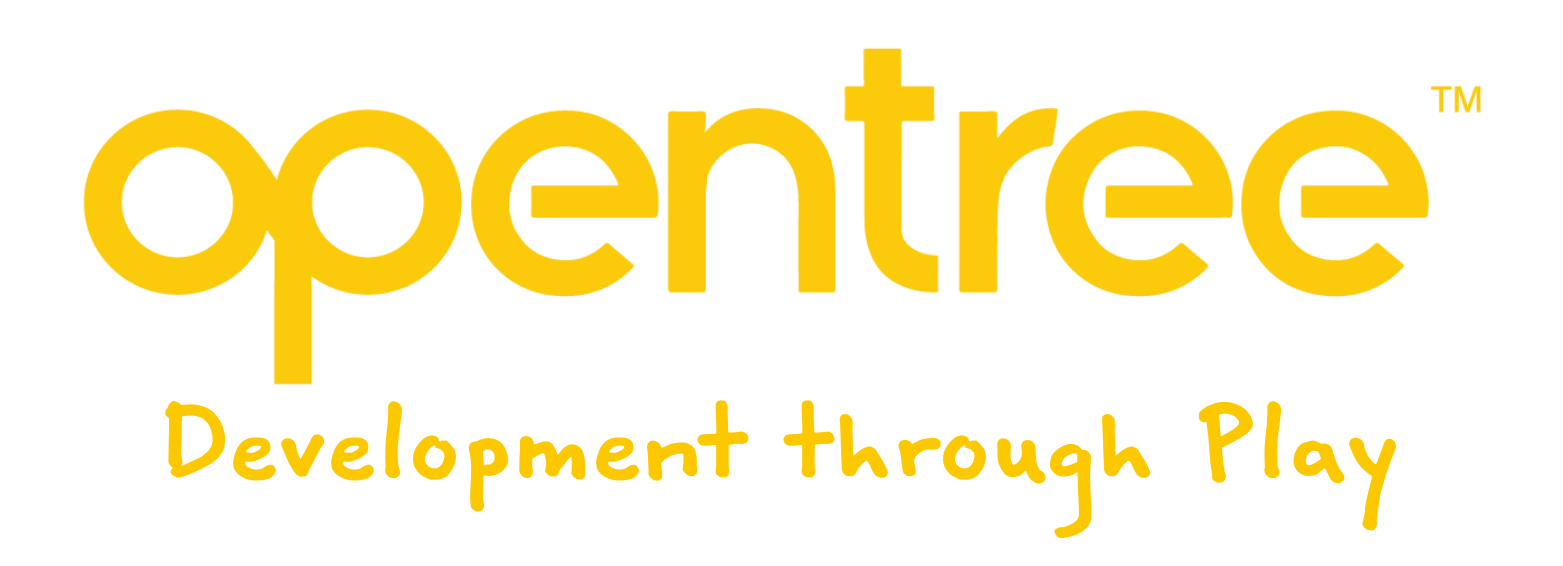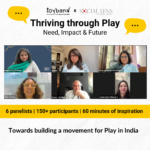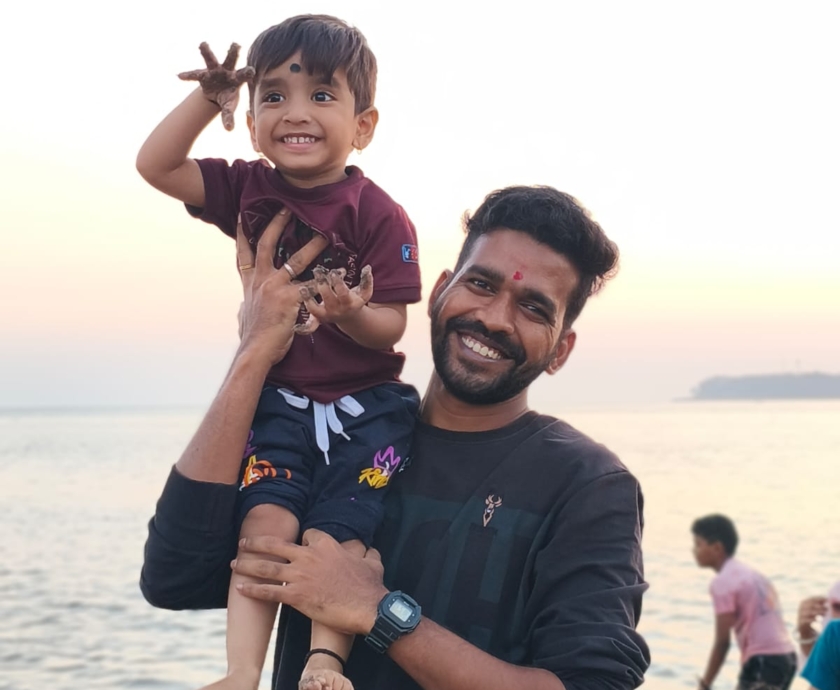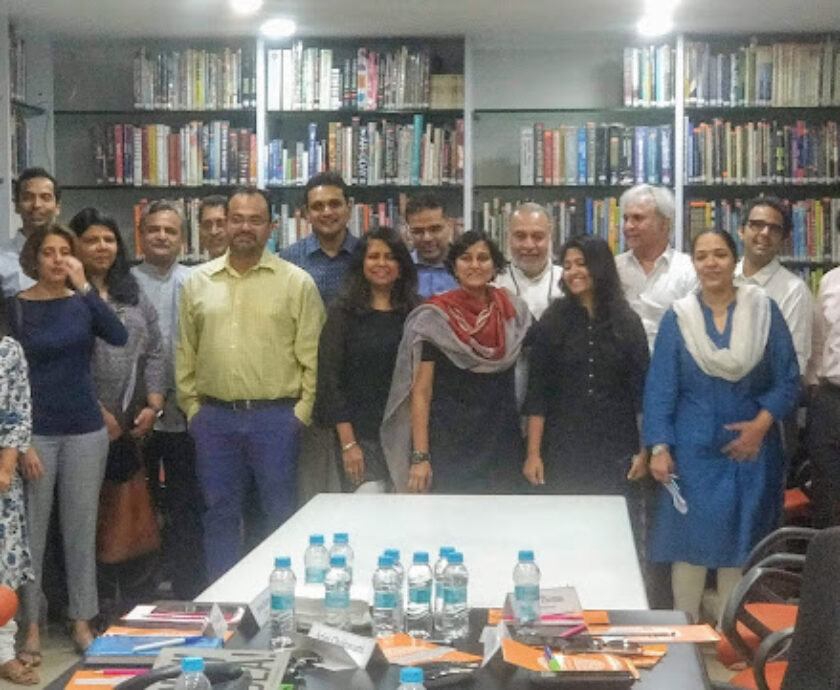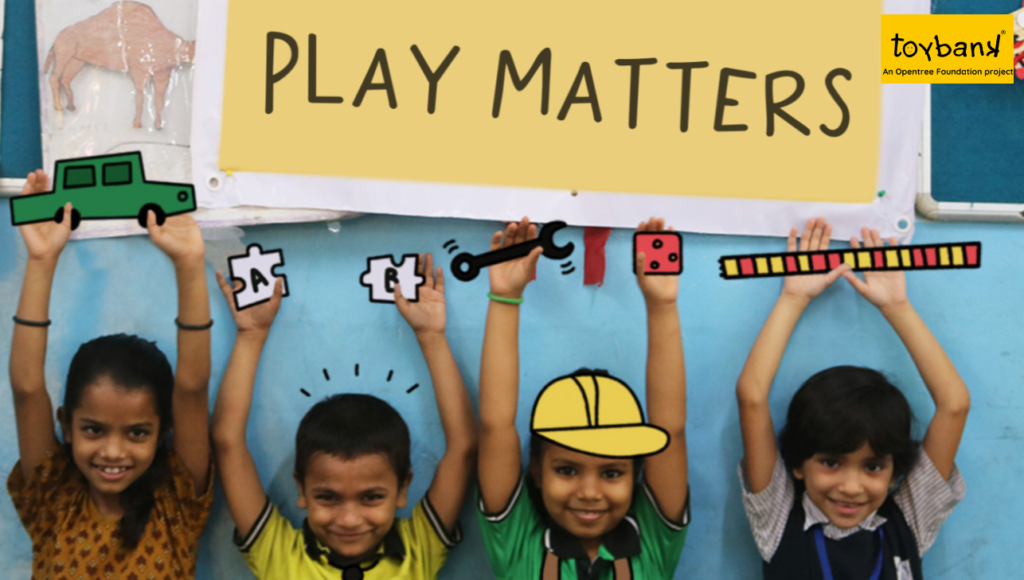
As the American Academy of Pediatrics’ 2018 clinical report highlights, “The most powerful way children learn isn’t only in classrooms or libraries but on playgrounds and in playrooms.” Yet, the pressures of academic expectations and screen time have robbed many children of this fundamental tool for growth. Play is more than just an escape from routine—it’s a platform to build social, emotional, and cognitive skills that shape well-rounded individuals. I believe in the transformative power of play, as I have witnessed its profound impact not only on the children we work with but also my own life.
Growing up in India, the rigid focus on traditional education left little space for creativity and emotional expression. It wasn’t until I saw how play could unite joy and learning that I truly understood its potential. Play is a great equalizer—it brings everyone to the same level, creating an environment where children are seen and heard. I want play to be woven into the fabric of how we educate and raise future generations, not just for academic growth but to foster innovation, creativity, and community. Play, for me, is not about gamifying learning but creating a space where imagination and freedom thrive, and through it, a deep purpose emerges.
Our work at The Opentree Foundation has proven this. One teacher in Maharashtra shared, “Play creates an atmosphere where children learn and also have fun. The activities and games reminded me of my own happy childhood.” This joy is mirrored in stories like that of Sagar, a boy who struggled with aggression but transformed through respectful play. From initial resistance, he gradually embraced teamwork and kindness. Play changed his approach, making him kinder and more attentive, showing how a simple, structured intervention can have profound effects.
I am committed to mainstreaming play in India because I see the profound difference it makes in breaking away from what we have all been taught for generations about how we learn, or how we should learn. Studies show that play-based learning increases cognitive development by 20%, and our own programmes show how play fosters both academic growth and emotional resilience. I want every child, no matter their background, to have access to this form of learning. Mainstreaming play is not just an aspiration for me—it’s a mission grounded in evidence, personal experience, and a belief that it can change the way our children grow up and how they experience life as whole.
I leave you with a line said by one of my favorite writers, C. Joybell C., who reminds us, “We not only need to have a deep respect for children; but also a deep respect for the child in everyone.”
Let’s allow Play to spark us up, to keep us spirited and light hearted, to free us from our own shackles of ‘adulting’ and this in turn will make the world a much better place. I promise.

